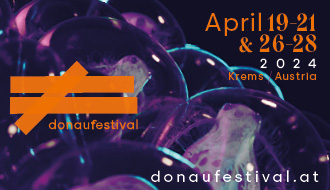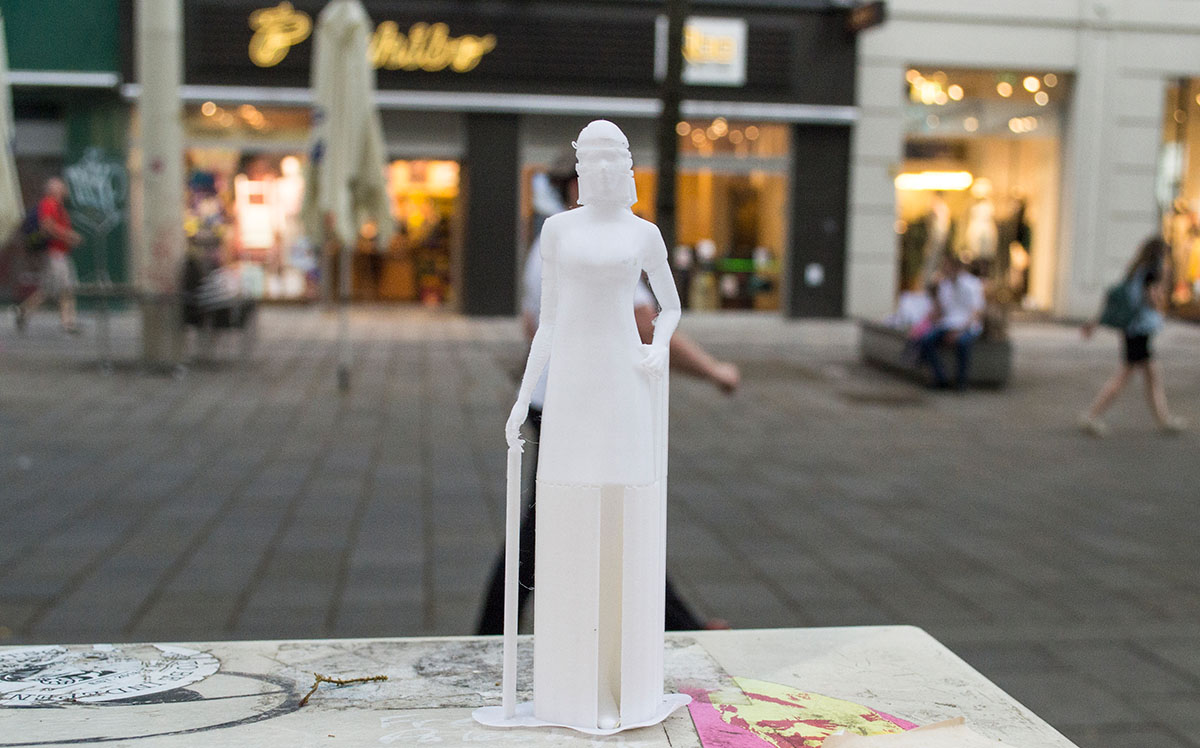
There, he is working with his mentor Margareta Jahramnn on a compelling doctoral dissertation on „Consciousness as an Artistic Medium.“ The artist defines his artistic practice as post-disciplinary, filled with personal phenomenology. Investigations of consciousness, mental processes, artificial intelligence, in relation to the socio-political issues of cognitive capitalism are part of his practice. The emerged problems of the relationship between mind and brain, of the mental processes and structures and properties of consciousness. The bond between the approaches is reflected in the connection between psychological and economic conditions, where synapses are the main currency. Žarko Aleksic has exhibited in numerous solo and group exhibitions at home and abroad. Our Interview is the output of an extended written correspondence and a long coffee meeting in the non- lockdown times.
You did study Philosophy at Belgrade State University. I wondered which were the first philosophical questions you posed to yourself? Have these questions been shifting with the pass of time?
Well, while I studied philosophy in Belgrade, being on the budget of my parents, I was interested, as lords do (refers to anglo saxon philosophy) in the nature of mind, about features and properties of consciousness, especially in subjectivity and unity of consciousness. Mind-body problem and so-called the binding problem, which later becomes topics for my artistic PhD at the Angewandte. After I moved to study art in Vienna, where I had to earn money for my living, interests shifted toward the questions of class struggle. In philosophy, it is the question that matters, and when you have the proper question, the answer is easier to find. But some questions are not nice, not proper for the circumstances, not “decent”, not cool enough. Some questions are like invasive objects that enter your mind and it is difficult to get rid of them. Very sober… the whole department is very interested… from lords to the…
What made you then to contemplate (if I can say so) your philosophy studies with photography in Vienna?
Mental images. Since my childhood I am preoccupied with daydreaming, mind wandering, stream of thoughts (film lets say) and how images are blending into our minds.
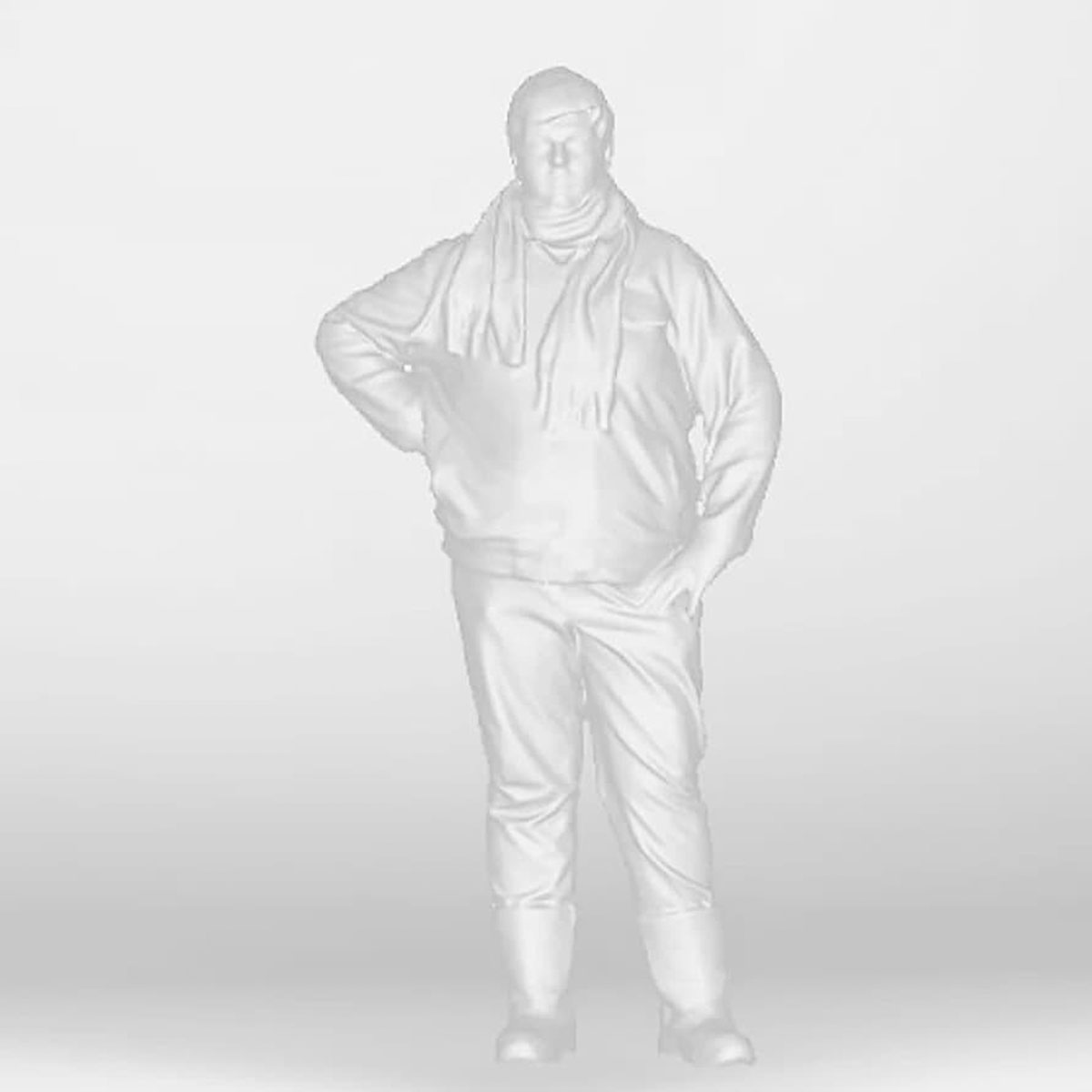
What would you like to say regarding your fascination with dreams?
I had a great interest in dreams from the beginning of 2007. I started my own diary of dreams. During the studies of philosophy, I was particularly impressed, as everybody probably, with Freudian psychoanalysis, but I am cured now. However, I thematize different states of mind in my practice so sometimes I use dream too. Last time I did it for the project Regime of Dreams for what I got Mangelos Art Prize.
Regime of Dreams is a spatial installation consisting of three works: Dreamers, Bottles of a Bread, and Regime of Dreams – REM, which deals with dreams in a figurative and literal sense. The central part of the work, most directly deals with the issue of control in cognitive capitalism, as well as the conditionality of thoughts and dreams. In other words, how our daily external stimuli affect our subjectivity and dreams, especially mediated via Serbia national broadcasters.
I would like to develop a project on lucid dreams in the future, as that very ambiguous state could be very good field for studies of consciousness, visual problem solving and imagination.
Your interest vary a lot, which I really understand. An important part of your thoughts are expressed also through the medium of poetry. Can you elucidate a bit on this form of expression?
„Always choose the poetical way.“ Well, several projects of mine are related to language and poetry. For example, Swimming Against the Stream of Consciousness deals with a brain-machine interface for poetry. Even more specifically, I did several books of poetry. From more, let’s say, classical book like Kućni Bioskop published for Matica Srpska, site-specific poetry Unions, published for Recit edition, to self-published Palimpsest. Everything started as an attempt to impress one girl; even I was completely terrible in Serbian language and literature, later that book was shortlisted for a very important poetry prize in Serbia. Motivation is a miracle.
I wonder of the language you use when you write.
Still in Serbian, Croatian, Serbo-Croatian, BKS or „na našem jeziku“. Poetry is inseparable from emotions and emotions are still for me best mediated via my mother tongue.
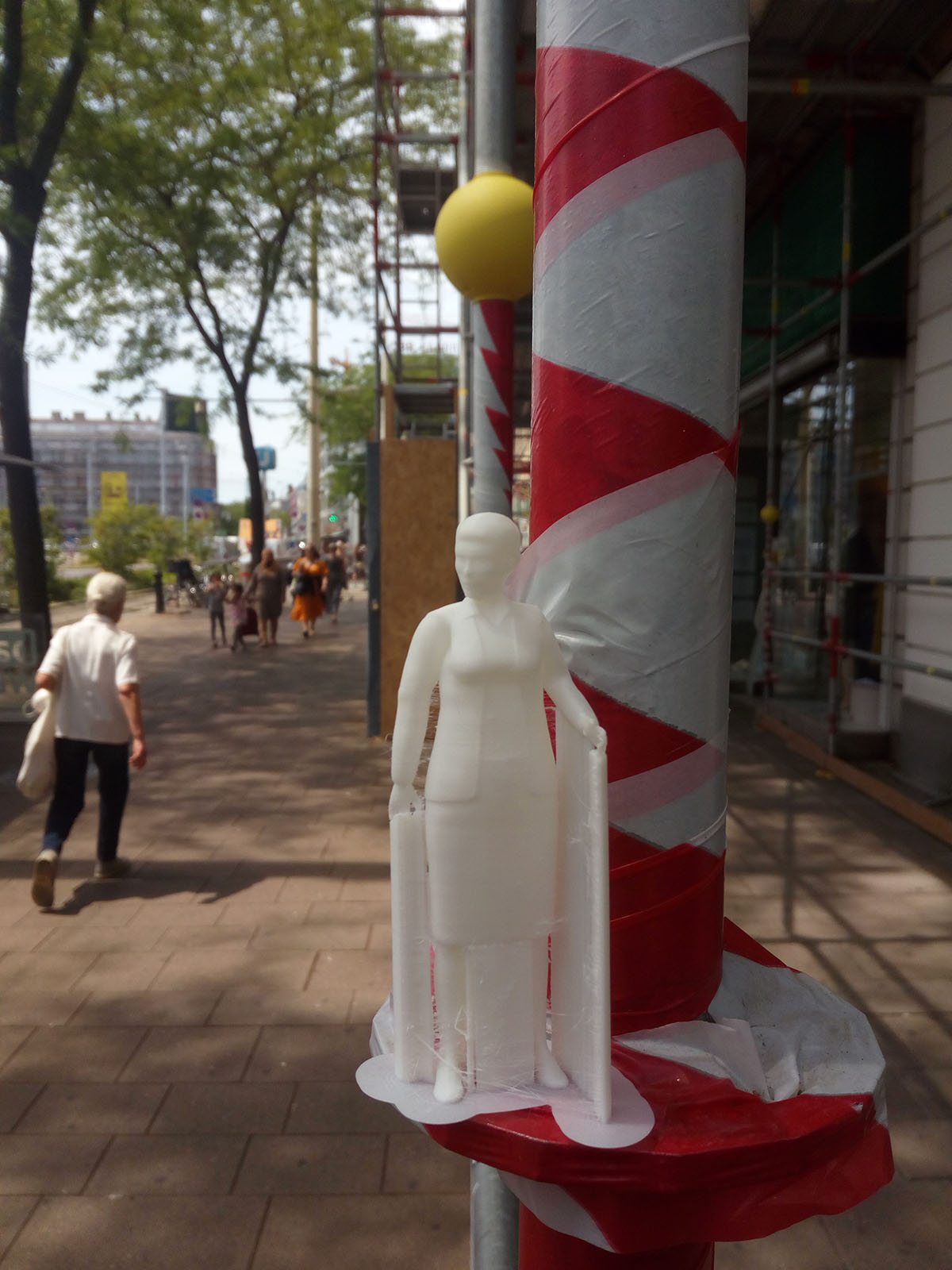
Žarko Aleksić, GeistarbeiterInnen, 3d print in public space, 2021 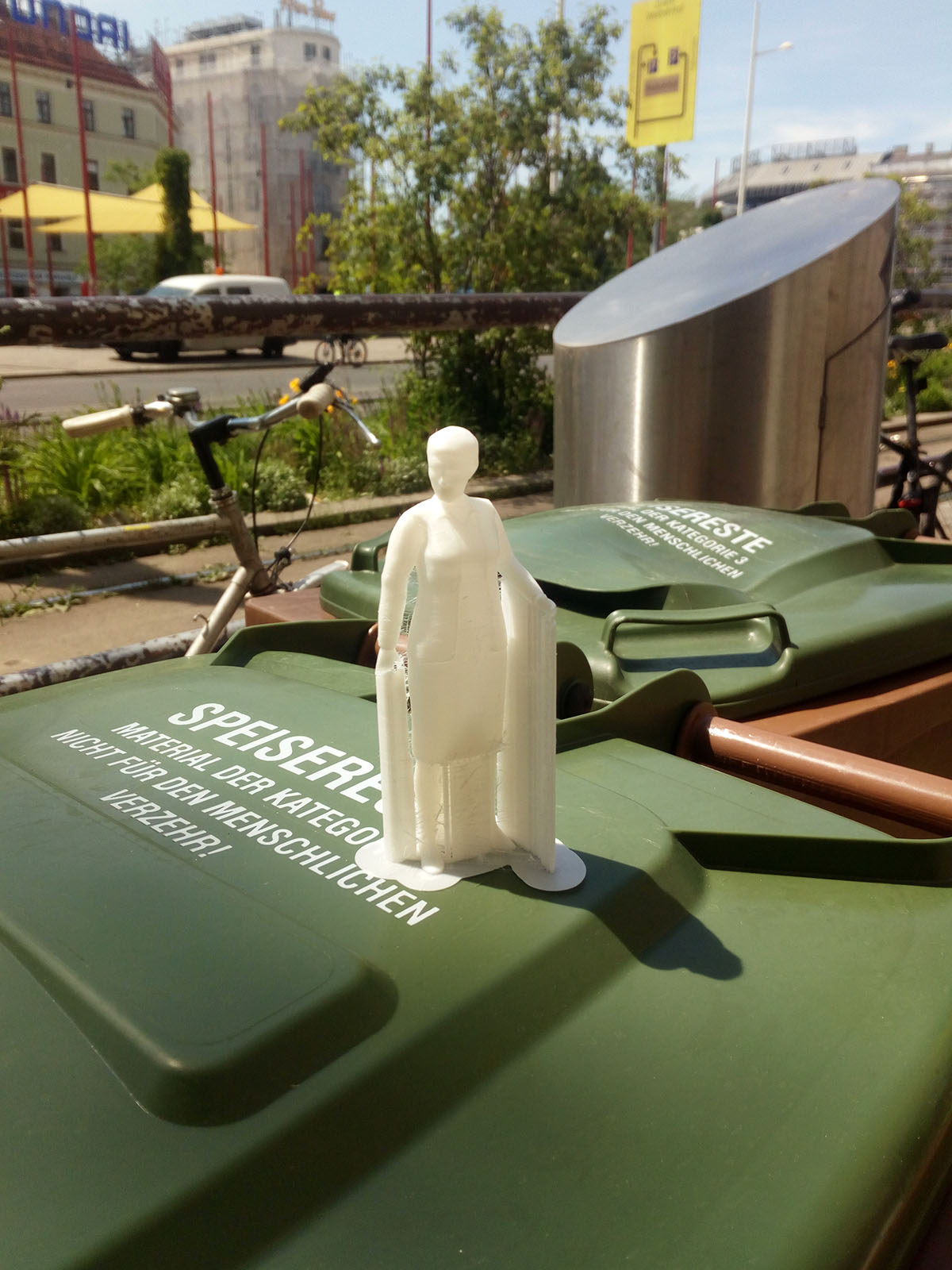
Žarko Aleksić, GeistarbeiterInnen, 3d print in public space, 2021
In the artistic statement you say„My multidisciplinary artistic practice is based on examination of consciousness, mental processing and AI, in relation to socio-political issues of cognitive capitalism (BOUTANG, 2004), such are acquiring knowledge, education, dematerialized labor, and surveillance capitalism (ZUBOFF, 2018)“. What is for you a post- disciplinary artistic practice?
In the artistic research artists very often employ certain knowledge and methodologies from various disciplines, very often uncritically. As those disciplines don’t have a clear consensus about the knowledge and understanding of those concepts, that could be first point of misunderstanding. Although , there is a big need for multli and trans disciplinarily, in practice it is very difficult to establish it, especially in relation to art. John Roberts speaks about overcoming of the standard disciplinary gaps. I believe that research about the brain and experience could do such a task. On one hand you have a cognitive science that have interest in understating mental phenomenon from the third person perspective and You have the art and artist that are actually interested in similar topic from the first- person perspective. In order to treat the contemporary questions, we have to understand the zeitgeist. Cognitive capitalism is the zeitgeist. Cognitive capitalism is the third phase of capitalism where the production of values are in the domain of brain and digital processes. Yann Moulier Boutang and Shoshana Zuboff speaks extensity about it.
The work project GeistarbeiterInnen emerged during the outbreak of the pandemic. Can you tell us a bit more about this body of works?
The COVID-19 pandemic served not only to rethink the issues around freedom and surveillance by changing the notion of responsibility from the individual to a collective one, but also revived the omnipresent discrepancies and prejudices around one of the largest, but nevertheless unaddressed minority groups in Austria. What the current crisis unmasked are the uncertainties around the invisible and underlying productive force in the Austrian society. The term „guest workers“ is a historical category, but nevertheless still pejoratively used to depict people from the former Yugoslav countries and Turkey, who have been living in Austria since the 60-ies and might have obtained Austrian citizenship. Adjusting or changing their surname accompanied the change of expected level of integration. Their children and grandchildren are born as Austrians, but still forcingly ghettoized, non-represented and un- acknowledged members of the society. The major number of the community one could silently meet on, building, cleaning and care positions in Vienna. The results of the study Soziale Lage der Kunstschaffenden und Kunst- und Kulturvermittlerinnen in Österreich from 2018 also support the disproportionately small representation of artists and art educators from the former Yugoslavia (who are not citizens of the European Union) in the general population. The core for this phenomena is the lack of access to higher education and social exchange of capital – followed by the essentialization and preassumed level and area of achievement.
You were undertaking 3d scans on some of these bodies. How it felt?
Did these humans have in commons? Well, it was difficult as so many people don’t want to “stand” for something, they don’t want to represent. So when I offer them to sign the form they prefer to go anonymously, which is understandable. Uncomfort, for some people when they talk for some, when I was taking the pictures.
I would prefer not to add to the stereotypisation even further. There are very different individuals, with various levels of integration. Some very nostalgic, some determined to become bigger Austrians than Austrians themselves. Patriotic, critical …
Also, we all live in our own echo chambers so certainly people who accepted to talk are not best objective sample. However, they all share some issues and problems.
What it mean to be a GastarbeiterIn, to pass always borders, to spend mostly of the time on those kind of spaces that Auge called not-places? How did it felt for you over years to pass borders too?
Oh, for so long I thought that I am super cool artist and I didn’t understand myself as a Gastarbeiter. They were the Other. I needed some time to recognize that my education, my exhibitions, awards, will not recategorize me. I even did my diploma project HYPERPLASTIC about being a political subject vs a political object. Well, there are lot of people who are theoretizing state border so I wont enter here into discussion. I just want to point out that when you wait for 14 hours to pass the border, no matter what is beyond that border, Olympic gold medal or a shot of dope, you hate the world. So, when I realized that I am Gastarbeiter, that I am carrying that badge I decided to treat that topic in my art, although I believe that political treatment is what we desperately need. The main research question of the project concentrates on investigating the reasons why the large number of non EU citizens with their residency permits in Austria, especially ones originating from Serbia, left Vienna during the pandemic? How does their act relate to the notion of belonging to their „home“ country? Are they simply nostalgic or could their experience expose the relevant questions concerning Austrian society as a whole, knowing that chancellor Kurz only referred to Österreicherinnen und Österreicher during public speeches? Ask. Why they decided to leave Austria, no matter that medical care is better here, that they are paying health insurance in Austria (so they cannot have health insurance in Serbia), they are paying the taxes in Austria, they got obligatory 14-28 days of quarantine after arrival in Serbia, some spend days on the border and still they decided to go. Unfortunately there was no media coverage about the massive departure, even though the scandal around selectively translated COVID-19 guidelines. Also those guest workers are titled as a „plague bringers“ from both countries officials, Austria and Serbia.
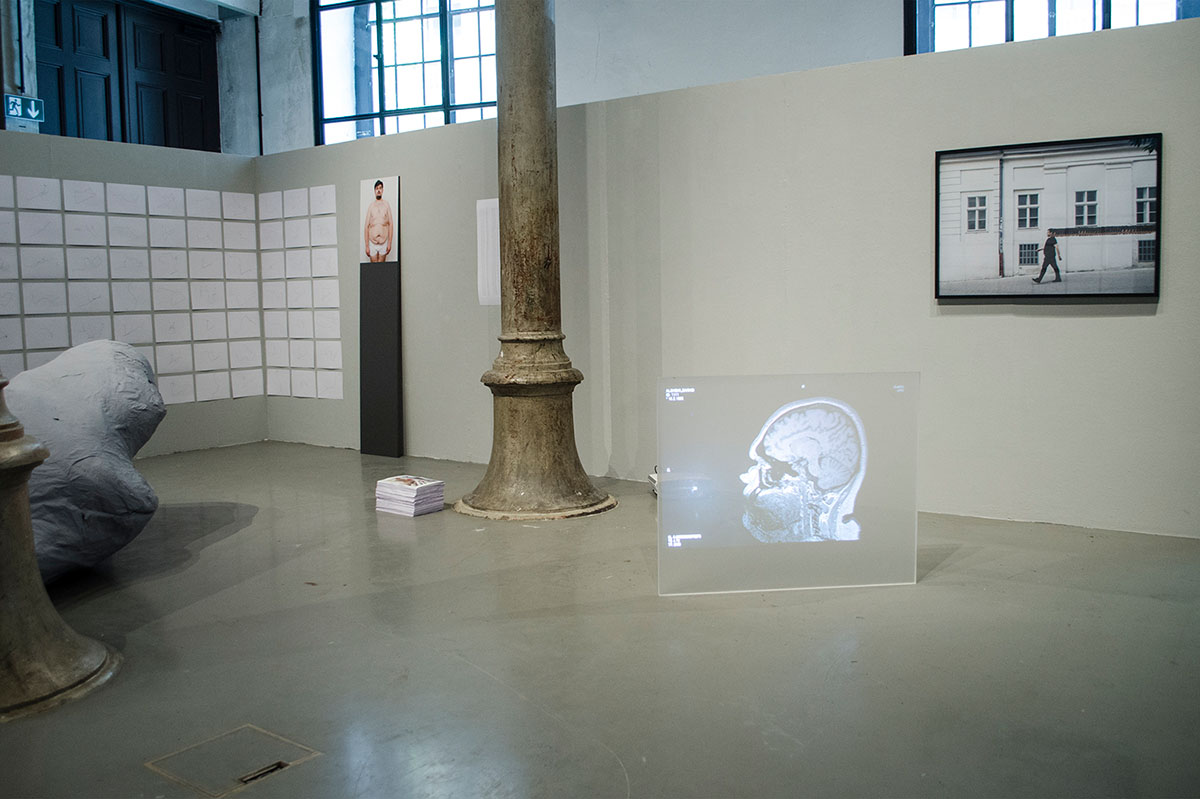
Žarko Aleksić, Hyperplastic, installation shot, 2019 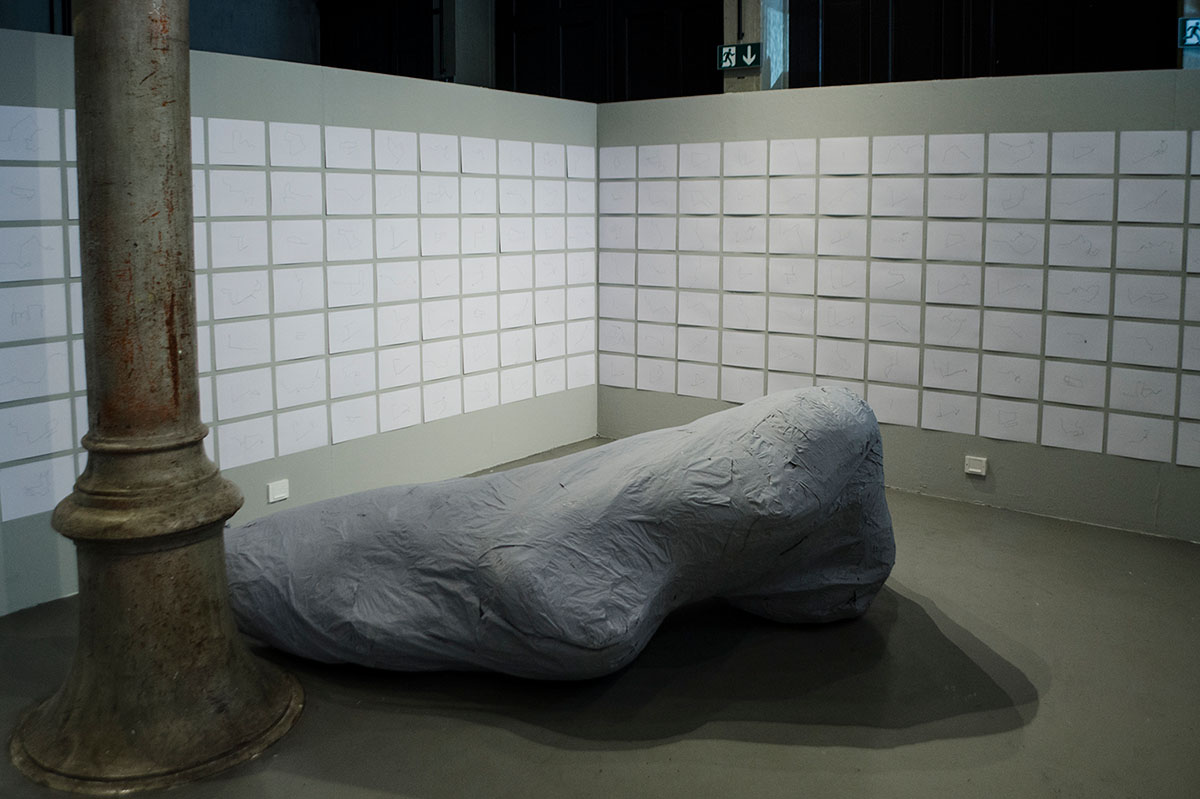
Žarko Aleksić, Hyperplastic, installation shot, 2019
We testimonied the Gastarbeiterinnen crisis in many places of the world, in different borders – borders between France and England, Poland and Germany et cetera. Would you like a day to extend the narrative also with other places stories?
I mean, there is a crisis everywhere. Crisis is a modus operandi. I am not so much interested and also knowledgeable to deal with all of them. I am sad when Viennese people tries to solve the crisis in other parts of the world but not seeing what is happening in Vienna. It is psychologically easer. That local blindness comes with some prearranged believes that I am afraid even to think about.
How can we imagine the economy of Vienna without this humans?
It is not the economy, it is hygiene. If tens of thousand some other minority groups decided to leave and travel when it is dangerous, somebody would have noticed I hope. But for the economy, people are interchangeable.
It looks that you always try to point injustices and problems in the societies where we live. You have been for a period also chair person for the representation and inclusion of the so called „Students from Third Countries „. How has been this experience of yours?
Oh, unfortunately I consider that excerpt to be a failure as I couldn’t manage to do what I intended so I resign after some time in the position. However, on the other hand was important experience for me, as I am not a political subject in Austria, but rather political object, so it felt good to participate in the decision making at least in that very narrow context. It’s a long story about “third country nationals”, and in the official discourse it is not politically correct to refer to “third world” countries, and does not sufficient to capture the issues. Basically “third country nationals” are all the countries minus EU. So develop and undeveloped or as they say in development countries are lumped together, in that respect the class question is “eliminated” for the question. The biggest problem among so many others is for example, that in order to come to study in Austria you have to show around 12000 euros on your bank account, if for example we take the median sellery in Serbia that is around 350 euro monthly, that means that you have to work for 35 months just for visa. Btw, Serbia is in Europe but not part of EU as so many people forget. I could only imagine what is the situation for the countries further on the periphery of the global capital.
And your personal experience with the pandemic?
Sad to say, but I had some training for crisis experience in Serbia, so at least was not panicking. Even though I negotiated politics, “stay at home” I understand the nervousness and anger of people who could not afford that kind of privilege, because, you know, it’s hard to work in a hospital or at hofer from home. We are not all creative managerial class. I am afraid that even Boris Johnson realized that “society” exist, we will not learn from our mistakes no matter that even bigger crisis is upon us. Psychological, economic, climate (…)
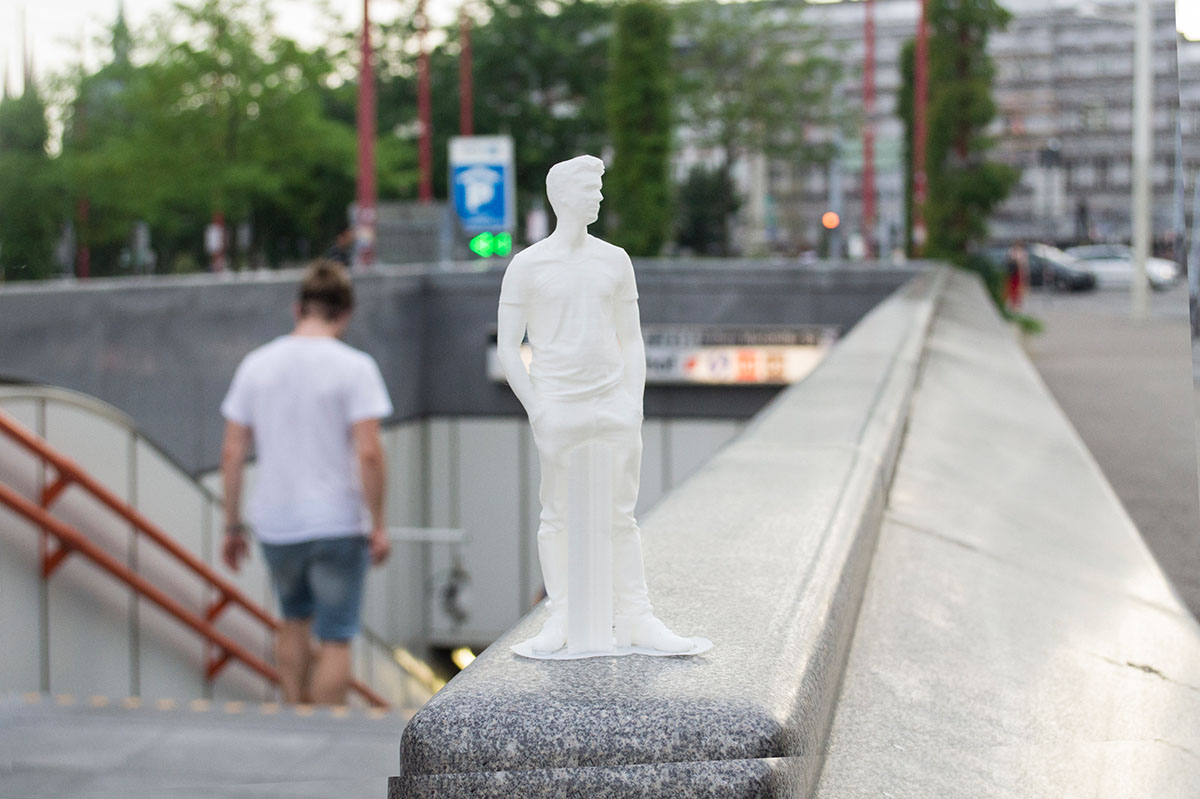
How do you find all the online developments of the last year?
I have to admit I was disappointed, when Covid crisis started and all those super cool art institution had to go into online, digital mode. After so many huge words about game changing circumstances, in the end they finished sharing pictures on their social medias, a technology from a previous century. However, in the same time we are facing developing in brain computer interfaces. There is nothing inherently bad in that process. Problems comes with how we use the technology. Ilon Masks private company and in that respect knowledge, Neuralink could be a good example. Invasive brain stimulation technic comes the issue of surveillance and control. But what I fear the most is actually about the question of subjectivity, as we cannot consciousness distinguish between the need and the decisions that comes from ourselves and or the electrical impulses from the outside. It is tricky as influences from our surrounding life environment also comes through the electro chemical processes, namely synapses. In our head we have the reality construction device, namely the brain. All the perceptions, all the memories, knowledge, emotions, concept of I, everything is a relation among neurons in our brain. The current model of economic exchange found the way to exploit that notion. So the great experience of my first kiss, my knowledge of molecular biology, and my skills of making American donuts is perceived through that exchange. So the psychological states are subjected to economy.
People used to see you more in public performances in the past, now has become less. What are the reasons behind it?
When I used to live in Belgrade, on the one hand, I did not have access to gallery/exhibition spaces, so I did a lot of performances in public space. On the other, here, although I have access, I would like to do more in public space, but every gesture is under the radar and can be used against you, for example, for a new visa application, as those public actions/interventions are somehow in the grey zone of what could be bureaucratically covered. So, it is a form of self-censorship I would say.
Upcoming projects?
Chaos! I was invited to a show in Salzburg, and was specifically satisfied with the work there. The title of the piece is The unity of consciousness, weather forecasting, mental disorders, politics, neuroscience, destiny, prediction, measuring, storm, seizures and me and it tells a lot about my interests. It was in 5020 gallery. Later I did a solo show in Belgrade at the Kolarac Gallery. Boundaries of Concepts. Disintegration of Everyday Experiences. And now, I am preparing an exhibition in Knjaževac. My hometown. Continuation of GeistarbeiterInnen project.
Žarko Aleksić – www.zarkoaleksic.com, www.instagram.com/demijurggod/
About the Interviewer: Erka Shalari (*1988, Tirana) is a Vienna-based art author. She focuses on discovering emerging artists, unconventional exhibition spaces, and galleries that have deliberately broken new ground in their working methods. In this regard, she relies on unorthodox publishing practices, coupling these with a nonchalant manner of writing. The work oscillates between articles for magazines, exhibition texts and press releases.


